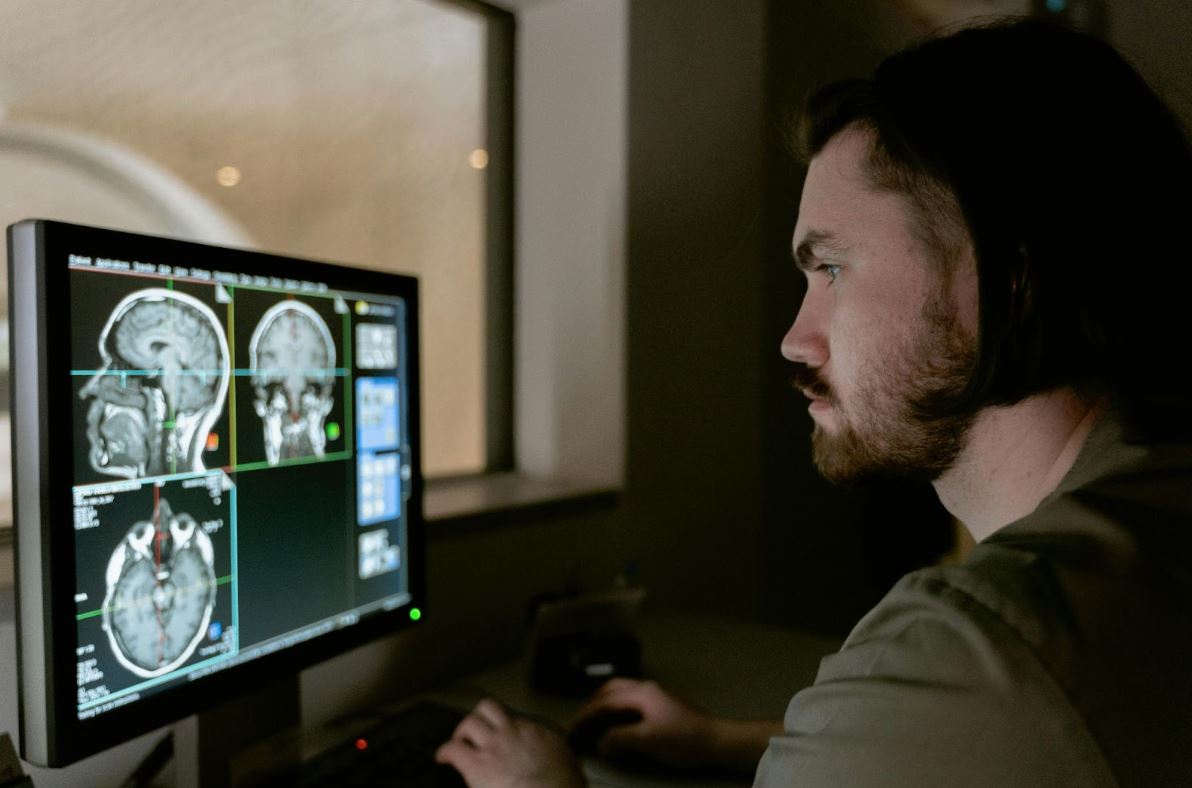In severe incidents of head injury, the effects are usually far-reaching beyond the immediate treatment. Determining who is responsible is the primary issue in any legal procedure. A skilled brain injury claims lawyer assists victims and their families in negotiating these matters to ensure that liability is determined reasonably and compensation is awarded in proportion to the extent of the damage.
The Importance of Establishing Fault
Each claim begins with determining the person who caused the incident. It is hard to get compensation without a clear connection between the actions of another party and the injury. Solicitors collect facts, seek advice and study documents to prove the manner in which the event took place. In the case of a road traffic accident, an accident at work, or a medical negligence case, fault is proven, which forms the basis of a successful claim.
Evidence That Shapes Liability
Determining liability will need more than just personal accounts. Witness testimonies, accident reconstruction reports, medical and CCTV recordings can all help to form a clear image. Legal teams organise the gathering and processing of this material so that claims are based on plausible evidence, and not guesses. With the help of a solid case, the harmed party has a more favourable opportunity to enjoy the benefits of fair compensation for the damage to their life.
Shared Responsibility and Contributory Negligence
In some cases, liability is not as simple as that. The courts can rule that the injured individual and another party are both responsible. For example, failure to use a seatbelt during a crash may lower the compensation amount, even though another driver caused the crash. This is called contributory negligence, and it emphasises the role of legal advice. Experienced solicitors do their best to reduce award reductions by proving the actions of the other party were the leading cause of the injury.
Employer Obligations in Workplace Incidents
In cases of brain injuries occurring in workplaces, employers are usually questioned on their compliance with safety standards. Liability may occur due to failures in training, equipment maintenance or supervision. The duty of care of the employer to protect employees is a responsibility that employers owe to the employees, and such negligence is often the foundation of successful claims. An attorney conversant with employment laws will make sure that any violation is reported correctly and investigated.
Medical Negligence and Professional Responsibility
Medical treatment mistakes may also lead to brain injuries. Liability, in such cases, entails establishing that healthcare professionals did not exercise the standard of care that is expected in the profession. These assertions involve elaborate expert testimony and, in many cases, elaborate legal reasoning. The solicitors in this field liaise with medical professionals to establish negligence and the connection between negligence and the resulting harm.
The Role of Insurance Companies
The majority of compensation claims are made against insurers, who assess liability on behalf of the party at fault. Although insurers can take responsibility in certain situations, they tend to dispute claims or seek to reduce claims. To negotiate with these companies, one has to possess in-depth knowledge of the law and present evidence effectively. Claimants who hire skilled lawyers are in a better position to get reasonable settlements without underestimating their losses.

Long-Term Consequences and Responsibility for Ongoing Care
Brain injuries often have long-term or permanent effects. Laying down liability involves, therefore, evaluating the responsibility towards future needs, such as rehabilitation, therapy, adapted housing, and loss of earnings. Legal teams calculate these estimated costs, so the compensation is not only based on the immediate costs, but also on the long-term effects on the quality of life. The responsible party must be held accountable for these needs in the process of justice.
Protecting Rights Through Proper Representation
The issue of who bears responsibility in brain injury cases depends on a close examination of the facts, legal standards, and expert opinion. Liability has a direct effect on the result of a claim, as it affects the award of compensation and the amount awarded. Having an experienced brain injury claims lawyer will make sure that the evidence is obtained successfully, arguments are made clearly, and the responsibility is distributed fairly. When it comes to life-changing injuries, professional advice is the most promising opportunity to get the support that will help them recover and lead a stable life.







